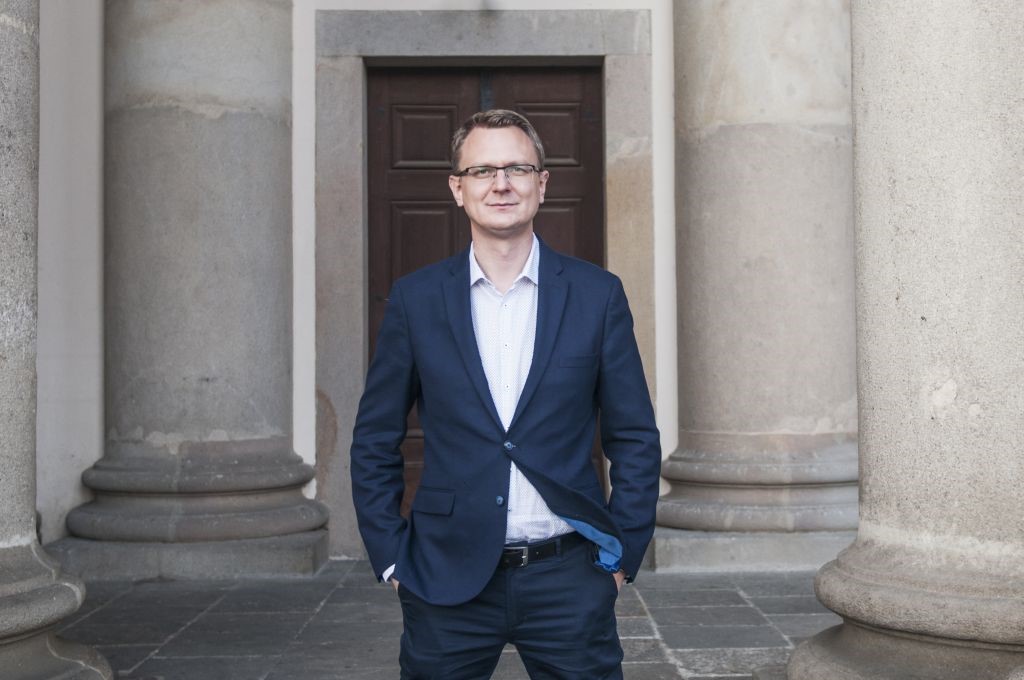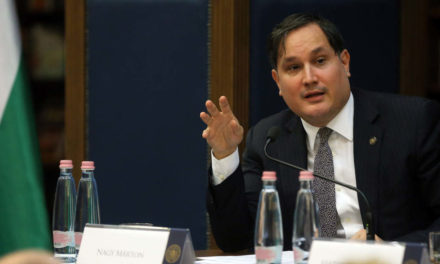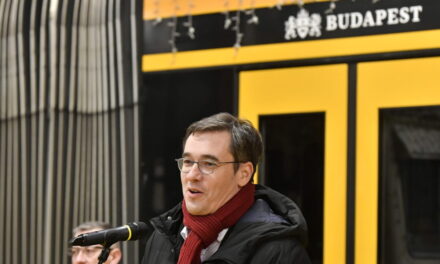An interview with Bence Rétvári, the parliamentary state secretary and deputy minister of the Ministry of Human Resources, can be read on the sándárn.hu portal about the results of the weekend elections, representation, the defeat of the opposition, and what the upcoming crisis means for Hungarians.
- You have been a member of parliament for fourteen years, and now you have been voted in for four more years. What does this mean for you?
– More tasks and that in the next cycle you have to work even harder than before.
- During the campaign period, it became clear that Péter Márki-Zay, the candidate for prime minister of the left, did not think much of rural people. The final results of the parliamentary election revealed that the entire country, except for the capital, turned orange. Can there be so many "driven" people?
- People in the countryside were able to find out about politics in the same way as in Budapest, and that's how they made their decisions. The left wanted to replace the rural people, but the rural people replaced the left again. Those who do not respect the voters will have their moment of truth every four years. We think this is democracy, the left says it's populism.
According to them, democracy is where left-liberals dictate.
– What could be the reason for this big rural-capital contrast?
- If the left-liberal tellers in Budapest didn't want to educate the whole country about their high horse, then maybe we could get closer to each other. Close results were also achieved in the capital, the left and the Christmas-style city leadership in Budapest partially lost confidence. So, I don't know what all this great left-liberal confidence is about.

– After the elections, can we count on additional support, or will the economic problems caused by the war affect us as well?
- We handled the 2010 economic crisis and then the coronavirus crisis in such a way that the country became stronger as a result.
There are one million more people working today than 12 years ago.
We took similar steps to deal with the energy crisis and the Russian-Ukrainian war, just think of the gasoline price cap, the maintenance of utility cuts, the food price cap and the interest rate cap. Until now, the policy of tax reductions and increasing family allowances has been a proven recipe, and we will continue to follow this path. The most important thing is for Hungary to stay out of the war, to maintain peace and security, and thus to continue economic growth and the growth of families.
Image source: Vasarnap.hu












